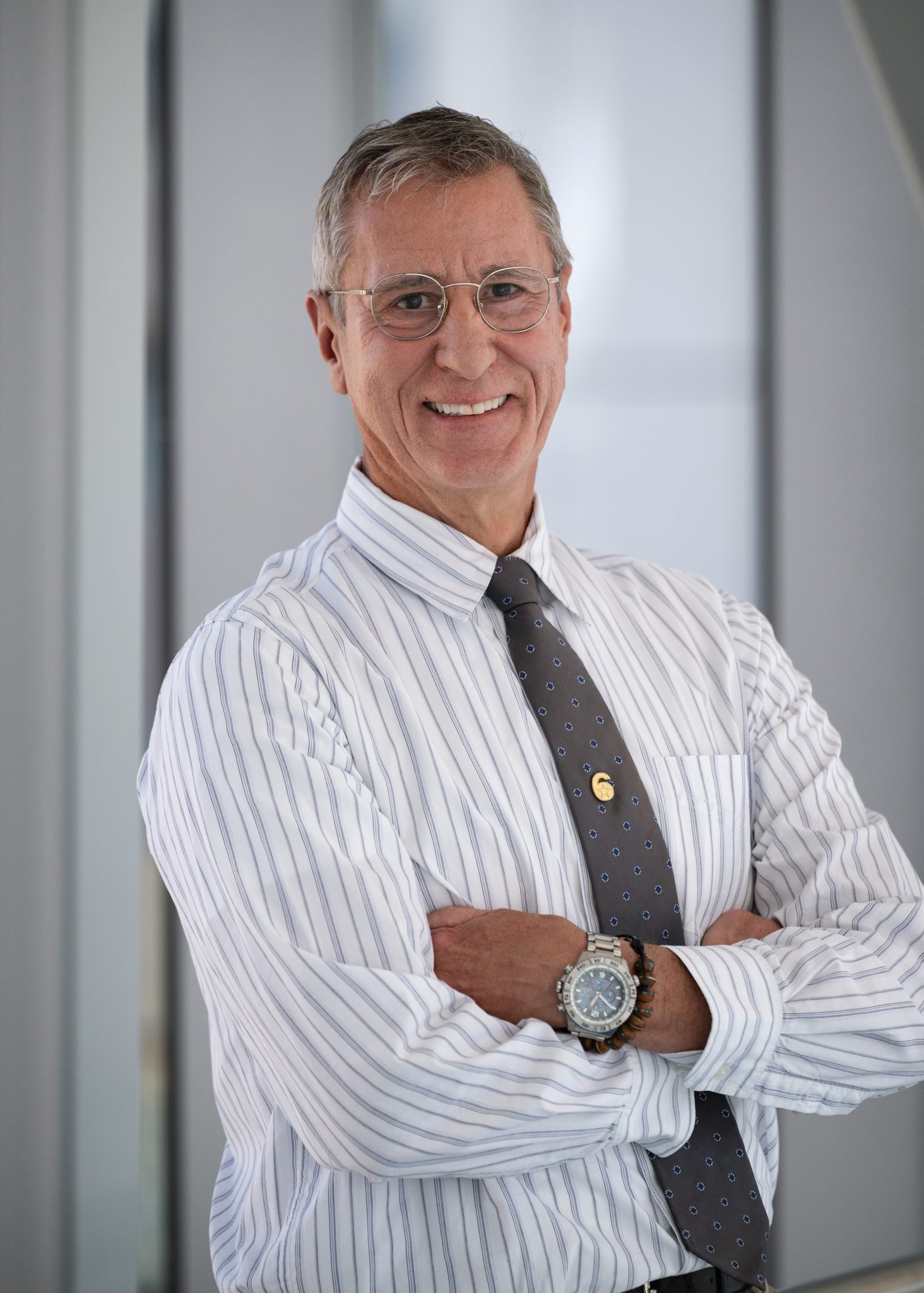
Boston Children’s Hospital - Boston, MA
“Compassionate care is simple: it is doing the right thing in the moment. What you do doesn’t have to be big: it can be an arm around the shoulder of a sad or stressed coworker, a cup of orange juice for a parent, a beanie baby for a child in an ICU bed,” says Mark Brown. He is a recently retired extracorporeal membrane oxygenation (ECMO) specialist from the respiratory department at Boston Children’s Hospital in Boston, Massachusetts, where he dedicated the past 36 years to caring for critically ill children and their families. As an expert in ECMO, a form of lifesaving cardiopulmonary bypass, Mark combined technical mastery with a deeply humanistic approach to patient care.
One night while working in the ICU, Mark brought a bed into a patient room so that parents of a dying toddler could lie down with their daughter in her final moments — the first time anyone at his hospital had done so. That single act became standard practice, transforming how the hospital honors families in their most devastating moments. His deep empathy for patients and their families is rooted in his own experience of loss; his third child was born with a genetic disorder and died at one year old. This personal tragedy informed his unwavering commitment to helping families honor their dying children with dignity.
In a field where mortality rates can reach 50%, Mark understands the immeasurable difference that compassion can have on everyone involved. He advocated to ensure that parents can hold their children before they die, recognizing that those final moments are not merely medical events but sacred ones. He mentored colleagues to see grieving parents not as obstacles to clinical care but as essential members of the care team. One patient’s family member wrote to Mark, “You and the team were outstanding at your jobs, and you went over and above to make it the most memorable goodbye one could ask for… You became a special person to me, to our family, because of your nurturing way with our little girl.”
Colleagues describe Mark as a “guardian angel” at the bedside, disguised as a technician. He has served as a mentor and beacon of support for countless staff members, teaching them that technical mastery and compassion are not competing demands but complementary ones. “In the relentlessly demanding world of critical illness, where decisions must be made with focus, precision, and urgency, Mark never loses sight of the people he is fighting for,” said a colleague.
Now recently retired, Mark’s legacy is visible in the practices he initiated, the staff he influenced, and the families whose most unbearable moments were transformed by his presence. He demonstrates that in healthcare’s most demanding moments, the heart and the mind, the technician and the caregiver, can work in harmony to transform the experience of suffering families.
© 2025 The Schwartz Center. All Rights Reserved.